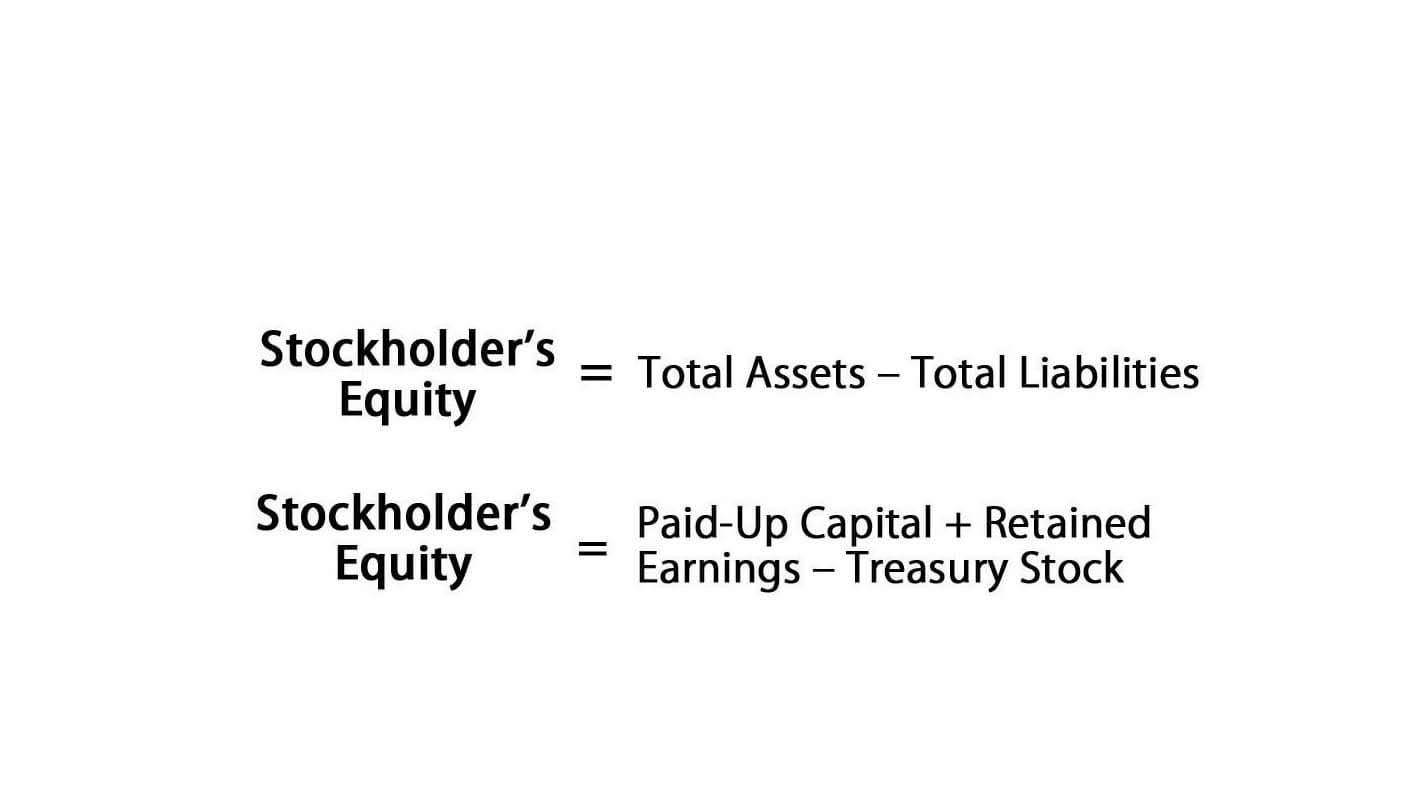
Meanwhile 49% of operators reduced the number of staff employed in anticipation of the cost increases and 33% have done so since April. Following the implementation of new costs which hit the sector in April, a significant number of pubs, bars, restaurants and hotels are described as losing money and being at risk of failure. More than a quarter of hospitality businesses in Northern Ireland are https://www.bookstime.com/blog/sales-forecasting now operating at a loss, research has indicated.

Operating Expense Management
It is subtracted from the company’s revenue to arrive at the gross profit, which represents the profit generated from sales before deducting other operating expenses. Clarifying the purpose of gross-up provisions reveals their role in ensuring equitable cost distribution among tenants in multi-occupant properties. The gross up rationale addresses discrepancies in operating expenses that arise when expenses fluctuate due to partial occupancy or seasonal variations. By adjusting expenses to reflect a hypothetical full occupancy scenario, gross-up clauses prevent disproportionate expense allocation that would unfairly burden tenants during lower occupancy periods. This mechanism standardizes cost-sharing, maintaining fairness and predictability in expense recovery.

Common Tax Pitfalls to Avoid

These platforms also offer data-driven insights, helping businesses optimize their leasing strategies. Total operating expenses increased by $3.7 million, from $34.5 million in fiscal 2023 to $38.2 million in 2024. EBITDA is more how is sales tax calculated useful in evaluating a company’s cash flow and profitability, as it excludes non-cash items, such as depreciation and amortization.
Accounting Treatment of Cost of Revenue

Non-operating expenses are also recorded on the income statement, but they occur below the line that separates operating income from non-operating income. This distinction is essential for understanding a company’s core business performance, as non-operating expenses do not reflect the cost of producing goods or rendering services. They appear on the income statement and are deducted from the revenue to calculate the operating profit. A careful analysis of operating expenses can help businesses identify inefficiencies and make informed decisions to minimize unnecessary costs, thereby increasing their profitability. Calculation methods within gross-up lease clauses employ standardized formulas to adjust operating expenses to a notional full occupancy what are operating expenses level.
- As prices rise at the grocery store, so does the cost of food and beverages at hotels.
- Gross-up lease clauses adjust operating expenses to reflect full occupancy conditions, ensuring equitable cost allocation among tenants.
- However, the IRS and most accounting principles distinguish between operating expenses and capital expenditures.
- A company with well-managed operating expenses relative to its revenue and gross profit can achieve higher operating income and potentially better overall financial performance.
- Companies often need to lease office space or land to run their business operations.
- Similar to the cost of revenue, operating expenses are treated as expenses on the income statement.
Operating leases, on the other hand, are ideal for short-term needs, frequent upgrades, or when a business wants to maintain flexibility. They are also beneficial for businesses that want to keep their balance sheet lean and focus on core operations rather than asset ownership. Yes, EBITDA can be manipulated by companies to present a more favorable picture of their financial performance. With sluggish projections of revenue growth and fears of inflation on the rise (University of Michigan, March 2025), all eyes are focused on hotel operating expenses in 2025. In this article, we focus on select operating expenses that were on the rise in 2024 and provide guidance on how to monitor and control them in 2025. The analysis is based on a preliminary sample of 2,600 U.S. hotels that provided data for our 2025 Trends in the Hotel Industry survey.